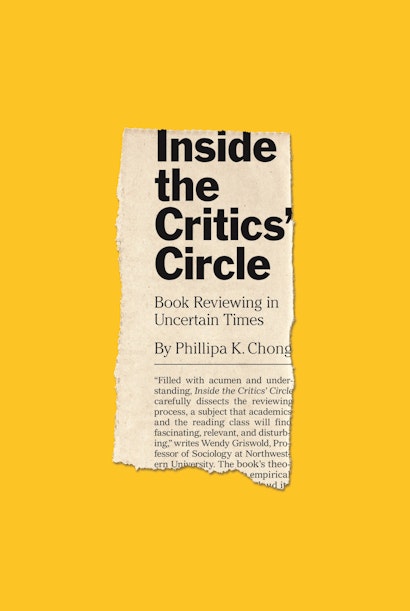In 2010, the Huffington Post compiled a list of â.â The chart included the following zingers:
Freedom by Jonathan Franzen
âThe novel is a 576-page monument to insignificance. Franzen uses facile tricks to tart up the story as a total account of American life.â (B.R. Meyers, The Atlantic, 2010).
Extremely Loud And Incredibly Close by Jonathan Safran Foer
âFoer isnât just a bad author, he’s a vile one. Why wait to have ideas worth writing when you can grab a big theme, throw in the kitchen sink, and wear your flip-flops all the way to the bank? How could someone so willfully young be so unambitious?â (Harry Siegel, NYPress, 2005).
The Girl With The Dragon Tattoo by Stieg Larsson
âThis is easily one of the worst books Iâve ever read. And bear in mind that Iâve read John Grisham.â (Susan Cohen, Charleston City Paper, 2008).
These reviews arenât just negativeâthey veer into the realm of meanness, or what I like to call snark. More than a critical appraisal, snark adds a layer of moral judgment. Keep in mind that the pull quotes arenât even taken out of contextâSiegelâs review of Extremely Loud And Incredibly Close is entitled âExtremely Cloying & Incredibly False.â The result is not just criticism, but a negative comment with a derogatoryâeven devastatingâquality. And, obviously, itâs funny too (unless youâre the author).
Snark is always compelling, and probably the reason why outlets like HuffPo compile such lists. Indeed, as part of the marketing and publicity of my own book, Inside the Criticsâ Circle, I was invited to, and complied, with creating yet another of these lists for .
While critics do not use the term âsnark,â itâs a familiar concept, even if itâs tricky to define. Just as Supreme Court Justice Potter Stewart famously described his threshold test for obscenity, one knows snark âwhen they see it.â Drawing on interviews for my book that I conducted with critics from influential review outlets, Iâve come up with a working definition.
The distinction between a negative review and a snarky one is ultimately subjective. But in criticsâ vernacular, reviews that âgo thereâ are known as âhatchet jobsâ or âtakedowns.â When I asked critics how they differentiated between a critical review and a âmeanâ one, they pointed to the reviewer trying to âscore points off a failure by making himself [sic] look more clever or witty, or sharp, or talented in their own writing of the review.â But what is there to gain from mockery?
It all comes down to perception. Critics are writers, after all, and they might want to flex their muscles. Snark is about much more than communicating frustrationâfor instance, having to spend many hours reading a bad book and reviewing it for a modest fee. Rather, the critics I spoke to theorized that a key perceived intention is self-aggrandizement, through wit and cleverness.
Snark in reviewing manifests itself in at least three ways:
- Many reviewers admit to being guilty consumers of snarky reviews. Like a car accident, snarky reviews turn heads.
- Receiving a negative and/or snarky review is a shared experienceâmany reviewers have been targets, if theyâre authors themselves.
- Reviewers confess to being the perpetrators of snarkâsome at the start of their writing careers, and others when they encounter circumstances when it feels unnecessary to pull punches.
So what are these circumstances, and why do reviewers choose not to hold back? For some critics, writing snarky reviews is tantamount to an act of social justice, especially if the target is a commercially-successful author. The logic for many critics is that famous authors donât deserve review attention simply because they are famousâoften, they pull focus from another author who deserves the attention more, in a shrinking review landscape.
Even though critics donât get to decide which books get reviewedâthatâs up to the editorsâthey do get to choose the content of the reviews that they write. If they must review an inferior book by a famous author, itâs their responsibility to call them out. A form of poetic justice, served in 1000 words or fewer.
Phillipa K. Chong is assistant professor of sociology at McMaster University. Twitter @ChongSOC

